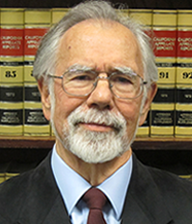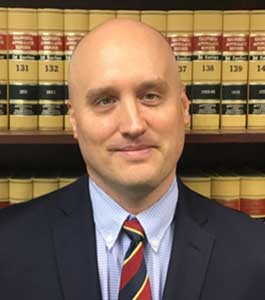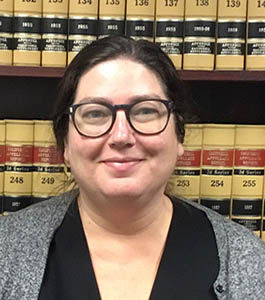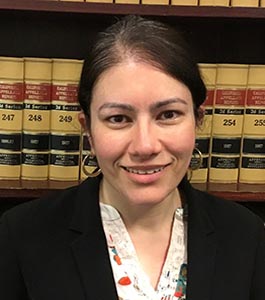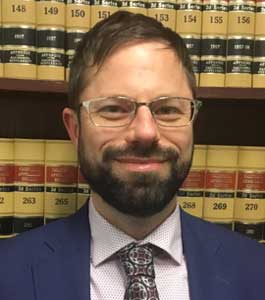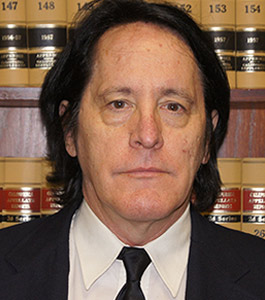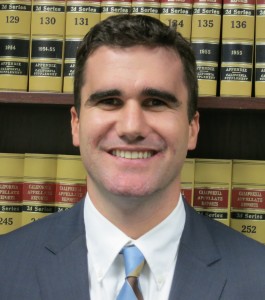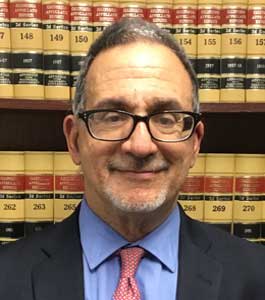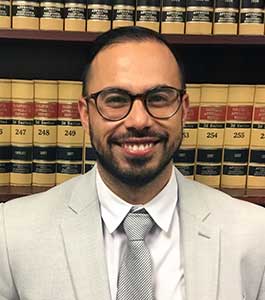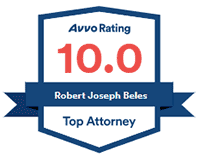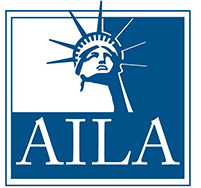Receipt of Stolen Government Property and Improper Disposal of Government Property
Receipt of Stolen Government Property
Receiving stolen government property is a federal offense. The prosecution must show the following elements existed in order to try a defendant for the offense of receiving stolen government property:
- The defendant received, concealed, or retained stolen property.
- The stolen property belonged to the United States.
- The defendant knew that the property had been embezzled, stolen, or converted.
- The defendant had the intent to convert the government property for his own use.
In order for the prosecution to be successful, the prosecutor must show that the defendant knew that the property that he received was stolen. Although the offense of receiving stolen government property is a specific intent crime, the prosecution need not show that the defendant knew that the property belonged to the United States.
Furthermore, the prosecution must establish that the defendant acted with intent to convert the property for his own use. This requirement may be established by showing that the defendant intended to convert the stolen property for some personal gain to him. It is not required that the prosecution show that the defendant derived some benefit from the property.
Disposal of Government Property
A defendant may be charged with improperly disposing of government property if the defendant was without the authority to dispose of such property. Disposal may include selling or conveying the property. The prosecution is required to prove that:
- The defendant disposed, sold, or conveyed property.
- The property belonged to the United States.
- The defendant had no authority to dispose of the property.
- The defendant knew that he lacked the authority or power to dispose of the government property.
The prosecution is not required to show that the defendant knew that the property belonged to the United States. The prosecution is only required to show that the property did indeed belong to the United States. Furthermore, the prosecution is not required to show that the property was stolen from the United States.
Copyright 2012 LexisNexis, a division of Reed Elsevier Inc.
| Robert Beles | - | State Certified Criminal Law Specialist |
| Anne Beles | - | State Certified Criminal Law Specialist |
| Paul McCarthy | - | State Certified Appellate Law Specialist |
| Emilio Parker | - | State Certified Immigration Law Specialist |
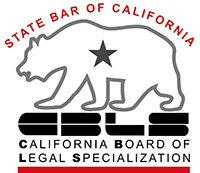
Contact us for a free consultation: (510) 836‑0100
Let our experience work for you. We can help!


